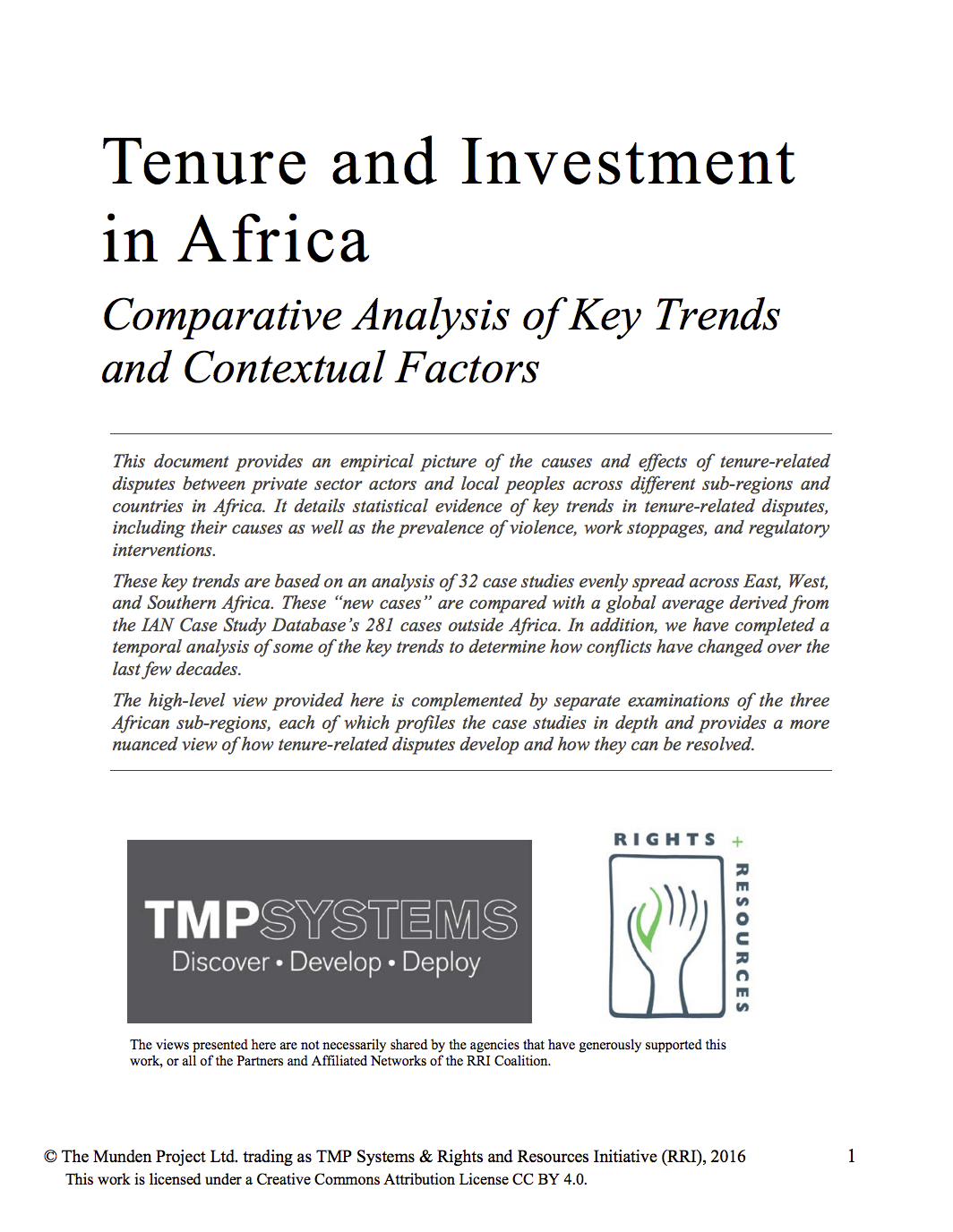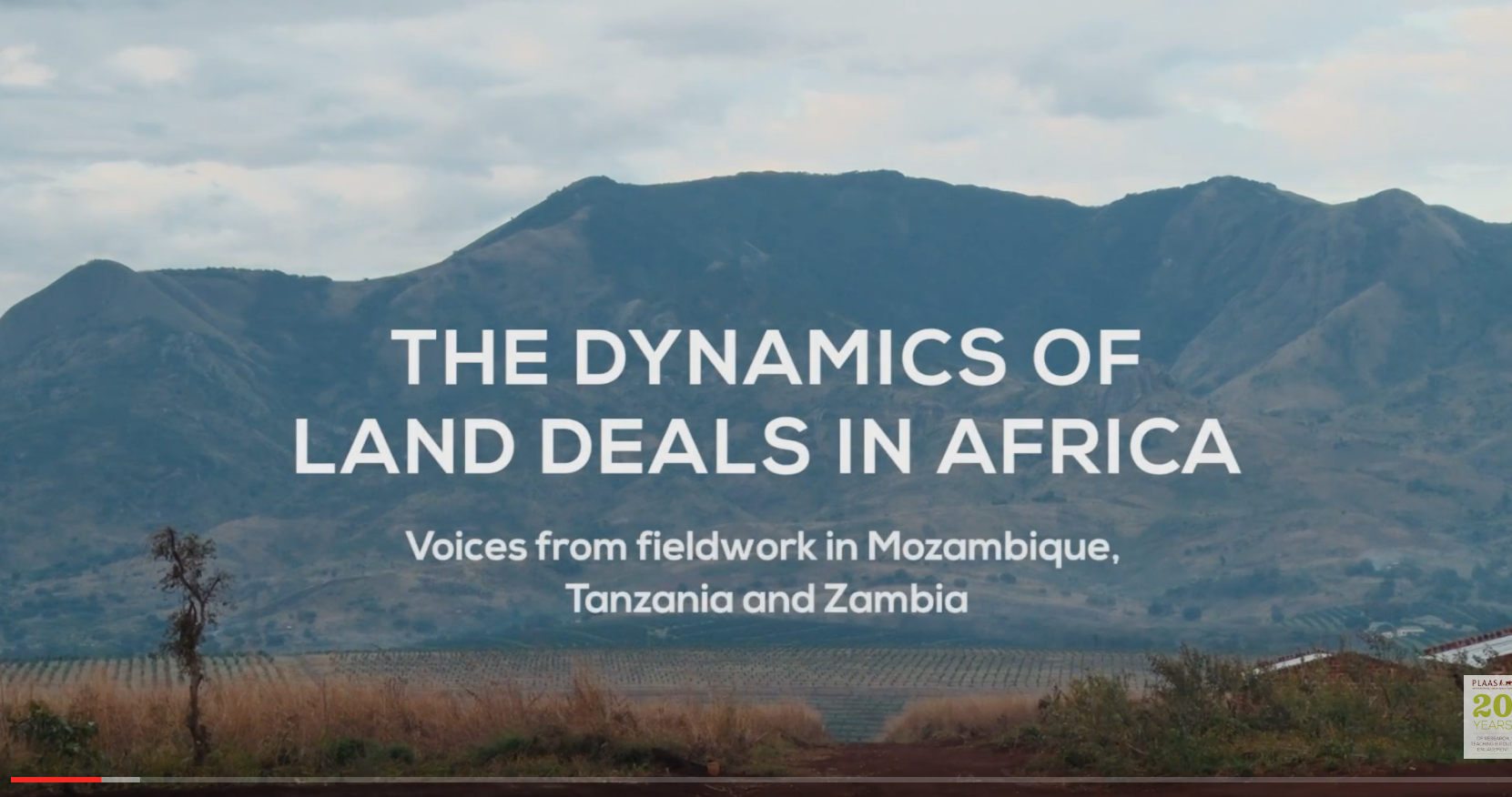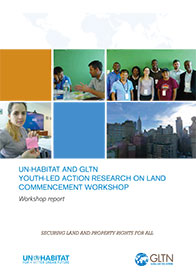The rush for farmland
Since the 2008 food price crisis, foreign investors have been acquiring more and more land in poor countries for producing foodstuffs and biofuels for their own use. Such investments have the potential to promote rural development and food security worldwide. By the same token, however, there is the danger of countless small farmers losing their land, of food insecurity increasing in many places, and of social and ecological systems collapsing through pure "land grabbing".












